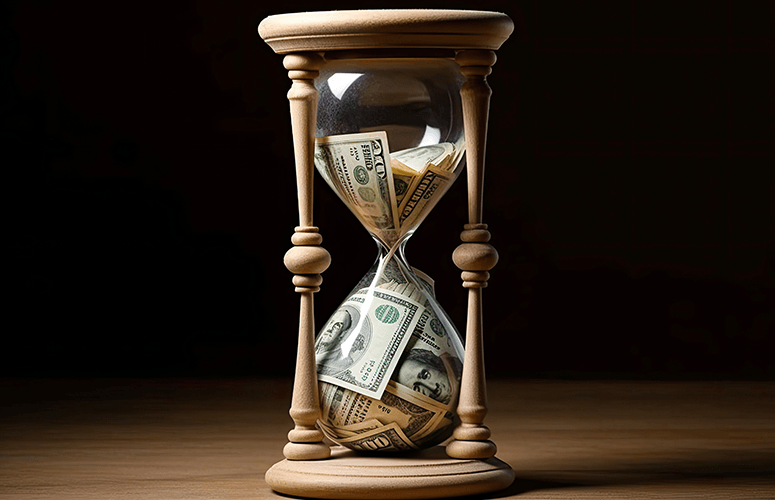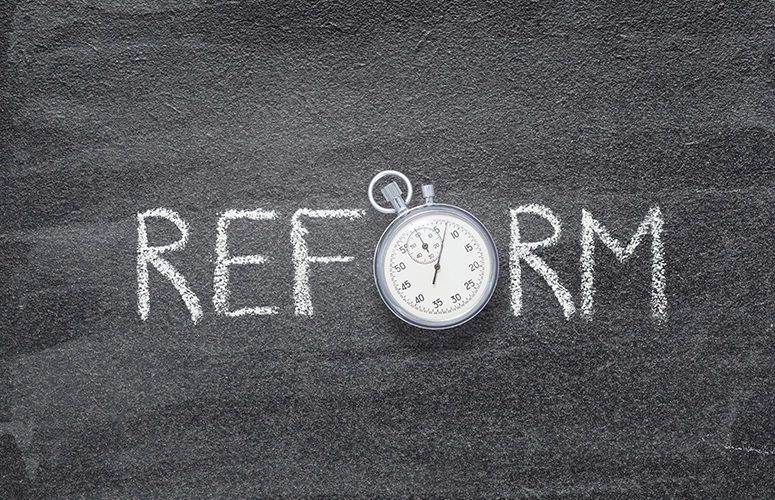
Compounding the Benefits of Budget Discipline
By Christopher Emigholz, NJBIA Chief Government Affairs Officer On Mar 28, 2024Time and discipline! When I worked on the state budget in the New Jersey Senate, I was taught one of the most powerful budgeting techniques: Patience over multiple thrifty budgets makes finding the funding for a priority possible.
Ben Franklin, whose financial management skills earned him a fortune during his lifetime, understood sound planning and the power of compound interest. Albert Einstein is reported to have once described compound interest as “the most powerful force in the universe.”
If budgets, over time, are prioritizing saving money in one area while prioritizing growth in another, they can have exponential benefits for whatever budget need is a priority. This is not a new way of thinking since it goes back at least to Einstein and Franklin, but it is sometimes novel in New Jersey where a lazy and undisciplined case is too often made for increasing taxes to pay for a new budget priority.
This brings me to transportation funding, which has become a major worry for New Jersey and other states where ridership and fare revenues have declined since the pandemic. Time and budget discipline should be the answer, not more taxes in an overly taxed state.
In New Jersey, a logistics state sandwiched between two of the biggest cities in the nation, transportation and infrastructure is a priority and requires state investment each year. NJ TRANSIT is important to our state economy, but so is a competitive tax climate. That’s why time and discipline is the best route to take to meet our transportation needs.
A disciplined approach has worked before for other state budget priorities, as we saw with pension and school funding at the end of the Christie administration and during the first six years of the Murphy administration. Each year, state budgets included an affordable increase in those priorities, along with some discipline in other budget areas, and steadily put New Jersey closer to 100% funding.
Due to inflation and economic development, there is revenue growth in our state budget almost every year (outside of economic downturns), so harnessing that compounding growth can produce powerful results.
Twenty years ago, state revenues were $24 billion, compared to the projected $53 billion in today’s FY24 state budget. Sales tax revenue, a stable and equitable source of funding, was just a little over $6 billion in FY04, but is more than twice that today at $13 billion.
Just think if a small part of that massive growth had been dedicated to NJ TRANSIT’s $2.7 billion budget in FY22. It could have been with just a little time and discipline – and without any talk of harmful tax increases today.
To access more business news, visit NJB News Now.
Related Articles:





